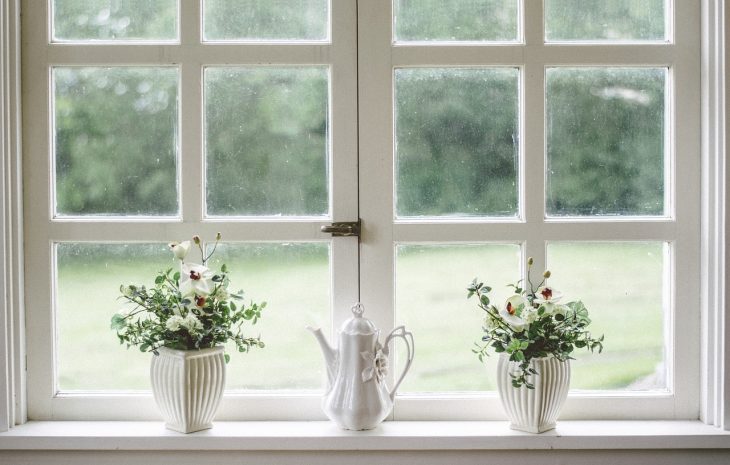
Insurers deal in risk, and if they deem you to be too risky, they may cancel your policy. As a homeowner, this can be a nightmare to deal with if you are still paying your mortgage. There are many reasons why an insurance company may base their decision, as some may be your fault directly or outside of your control. Homeowners who are still paying on their mortgage could face issues with their lender. Having home insurance is often a prerequisite for maintaining a mortgage on a property.
A cancelled policy shows up to other insurers, and you may have trouble getting insurance again.
Too Many Claims
One of the ways an insurance company factors your risk is looking at how many claims you’ve filed in a given period. If they feel like these claims seem fraudulent, they may look at canceling your policy. If your home insurance provider has reason to void your policy, you’ll need to prove your situation is not as described. Perform a self-audit of the claims you’ve filed to see if you can understand why the insurance company made their decision. Are the claims you filed all for the same issues–water damage or fire damage? Were they all at the same address? Did you take on a new, more risky job? All of these can factor into a company’s decision to cancel a policy.

Home in Disrepair
Home insurers require their policyholders to maintain the insured property to address any safety hazards. Insurance inspectors visit their policyholders’ properties each year to check for violations. You may receive a recommendation from your insurance company for required repairs. These recommendations typically fall into two categories. Critical recommendations must be followed, or your policy will be at risk. Suggestive recommendations should not put you at risk for cancellation. The company will provide you with a timeline in which they expect the repairs to be completed. Failure to perform the necessary maintenance may result in non-renewal of your policy or mid-term cancellation for critical issues.

Non-Payment or Missed Payments
Insurance companies will cancel home policies for non-payment. Many people ignore the notices until the policy is cancelled. You can avoid this by working with your insurance company if you are having trouble paying on-time. Many will work with you on non-payment issues, especially if the reasons behind are from a hospital stay, illness, or a death in the family. Simply taking the time to explain your circumstances may help you keep your home policy, especially if you’ve been a policyholder for years.

Moral Hazard
Insurers also assess the moral hazard of insuring someone. Many people take advantage of coverage in intentionally risky situations to reap the benefits. Insurance companies want to avoid policyholders with this mentality, which they dub a moral hazard. Committing fraud by lying on lending documents is another form of moral hazard. These types of risks are assessed on a personal basis, but they do exist. Moral hazard can be a completely valid reason for a policy to be canceled and there’s not much you can do about it.



